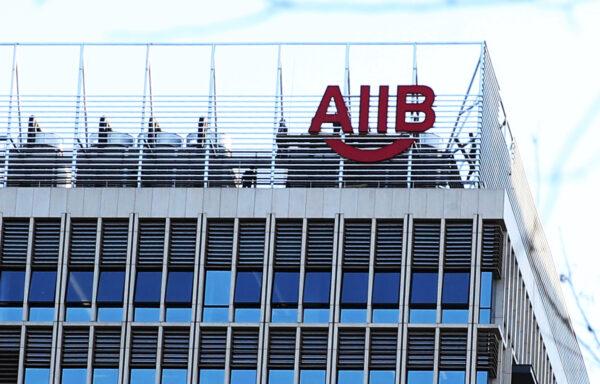The former director general of global communications for the Asian Infrastructure Investment Bank (AIIB) said Canada’s membership in the AIIB is inconsistent with its values and does not benefit the country.
“I didn’t find a single tangible benefit to communicate back home here to Canada of what this bank does that is consistent with our values in a way that would benefit Canadians,” Bob Pickard told CBC host David Cochrane in an interview on June 19.





